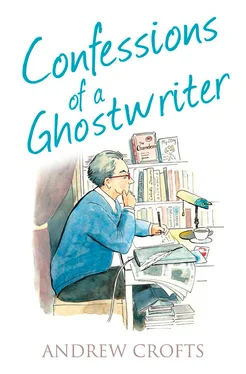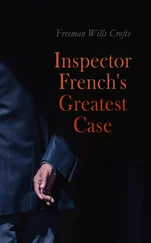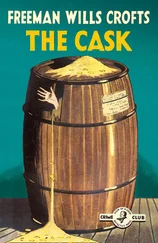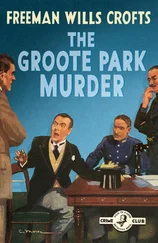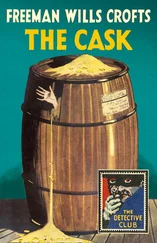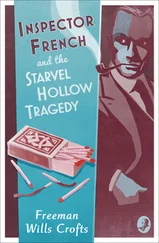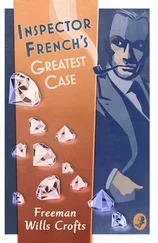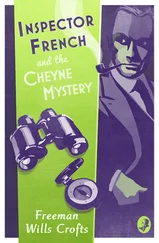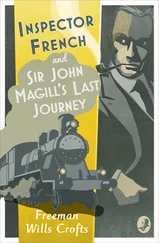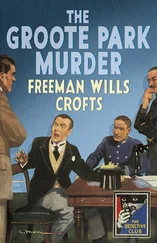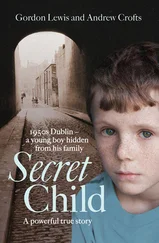Then there are those who simply want to read scary, tear-jerking tales about little heroes and heroines overcoming monsters; the same people who want to see Cinderella go to the ball and Oliver Twist escape from the clutches of Fagin and Bill Sykes.
People who had been keeping their own stories of abuse secret due to a mixture of fear and shame, suddenly saw that it was all right to speak out. The stories I was being brought grew more and more extreme and horrific. No one was going to be able to pretend that child abuse was not a problem in society any longer. The misery memoir phenomenon became a bubble, with all the big publishers rushing onto the shelves with look-alike products. Within a few years the market was saturated and books that would previously have been given advances of hundreds of thousands of pounds were having trouble finding publishers once more.
The genie, however, was now out of the bottle and it wasn’t long before abusers and bullies were being named and shamed in any number of previously inviolable institutions from schools to churches, orphanages to mental hospitals and even the BBC, to a point where it started to look to some like a witch hunt.
Some time later I heard a highly distinguished publisher on a podium being asked by a member of the audience what he thought of the ‘misery memoir’ genre. He was not one of those who had joined in the gold rush and I assumed that he was going to say something dismissive.
‘I think they changed the art of autobiography for ever,’ he said. ‘They forced authors to be much more open and revelatory. It is no longer good enough to tell anecdotes about the day you “met Prince Philip” or “danced with Sammy Davis Junior”; if you want to capture the hearts of readers you have to open up your emotional life as well and talk honestly and from the heart. I think they did the genre a great service.’
Everyone around the boardroom table was entirely in agreement; at no stage and no time was anyone allowed to admit out loud or in writing that our celebrity was not a real person. Never mind that the celebrity in question was made of felt, this was the merchandising business, there had to be rules. The lawyers insisted.
My job, as the chosen ghostwriter, was to produce an autobiography which would fill in this celebrity’s back story, his early life before he found fame, and exactly what happened to him in the ‘wilderness years’ before his comeback as a potentially money-making merchandising vehicle. There were many careers resting on the outcome of this exercise, most of them sitting round that table in their shirtsleeves – brainstorming and sipping mineral water.
I had been hired by the distinguished publisher who had agreed to bring the eventual book out under his distinguished imprint. It was a nice job for both of us. For me it felt a bit like being given a licence to write fiction (although, of course, it wasn’t fiction because the lawyers said so and the story must, therefore, be spoken of at all times as non-fiction, even though I was going to be making it up).
One of the golden rules of writing both fiction and non-fiction must be to be fundamentally truthful in your writing, and if you aren’t going to be truthful then you’d better be as entertaining as hell. But, of course, truthful was the option to go for here, because the lawyers said so.
Our hero had found fame in the seventies and we all know how badly celebrities were allowed to behave in those days. Now, it seemed to me, was the time for him to ’fess up to every little indiscretion (this was before the really heinous and unamusing revelations of the period started to emerge). I was also sure readers would understand exactly why he went off the rails during the wilderness years – wouldn’t everyone if subjected to the pressures of sudden fame and fortune? To hold on to the readers’ sympathies I felt we must come clean about the addictions and the dodgy business deals that he had become involved in during those years at the same time as dropping the names of all the celebrities he had mingled with.
Once the manuscript was finished and both the distinguished publisher and I were happy that we had done full justice to the whole Greek tragedy of this celebrity’s rise and fall and resurrection, there was another meeting in the same boardroom. We arrived, feeling extremely pleased with ourselves, but now the men and women in shirtsleeves were no longer smiling. The celebrity, apparently, was not happy with the way he had come across. The ghost was going to have to be replaced by someone who understood what was expected of them.
‘The thing we have to remember,’ the distinguished publisher sighed as we stood on the street outside, forlornly scouring the horizon for a taxi to whisk us away from the scene of our humiliation, ‘is that nobody around that table has ever commissioned anything bigger than a fridge magnet.’
I felt better for his wise words.
‘You’re like a human Hoover,’ my wife complained as we drove home from the dinner party. ‘That poor woman …’
‘What poor woman?’ I truly didn’t know what she was talking about. I had been basking in the afterglow of what I thought had been a pleasant evening out.
‘The one you were cross-examining about her love life.’
‘I wasn’t cross-examining her,’ I protested, ‘I just pressed the button and everything poured out. She was a human Nespresso machine.’
‘You do it all the time. You’re like the Spanish Inquisition. Some people like to preserve a little privacy, you know.’
She was right, of course, I do it all the time, but in my experience most people love talking about themselves, and those who don’t pretty quickly clam up or tell me to mind my own business. It was a secret I learned at the age of 17 when I was heading for London in search of streets paved with gold with virtually no social skills at all.
How, I wondered as I watched those around me socialising with apparent ease, did people find things to talk about to strangers at parties? How did you find things to say to young women on first dates? (Bearing in mind that my early romantic education had come from the regency novels of my mother’s Georgette Heyer collection, since when I had been incarcerated in single- sex boarding schools.) The adult world seemed a daunting, if exciting, place and I was desperate to discover the secret of all the grown-ups who seemed so self-confident in every social situation.
In my search for a magic formula I came across How to Win Friends and Influence People by Dale Carnegie. The book had been written in 1936, so was already more than 30 years old and more than 40 years later I can still remember the key message. Mr Carnegie explained that virtually everyone loves to talk about themselves and about their pet subjects. If you keep asking them questions they will keep answering them and the more they talk the more material you have for follow-up questions. The vast majority of people will come away from the conversation thinking you are the most charming and interesting person in the world, even if they have not asked you a single question about yourself (and it is my experience that a shocking number of people will fall silent the moment you stop asking the questions, even at private dinner tables where you would assume they wanted to be polite).
For a self-conscious teenager setting out to enter the adult world this one piece of advice was priceless; for someone wanting to make a living as an author and ghostwriter it has proved invaluable.
Over the years it has become such an ingrained habit that there is more than a little truth in my wife’s fear that the technique can be intimidating for those who might be unused to talking about themselves. Of course, it should be applied with some sensitivity, but at the same time there are so many questions which are so fascinating they are irresistible, even if they are considered impertinent: how much do you earn? Why did you divorce your husband? Are you having an affair with that man over there? Why do you suppose your children hate you? … It’s amazing how many people reward straight questions with extremely full and revealing answers.
Читать дальше
